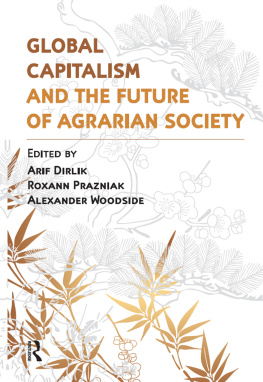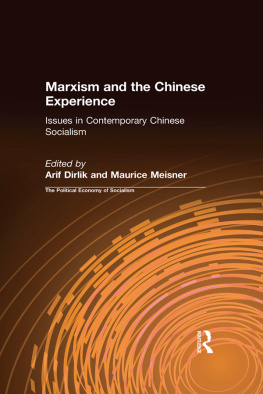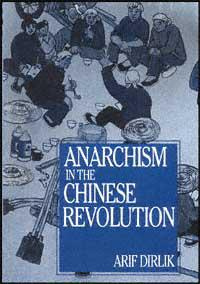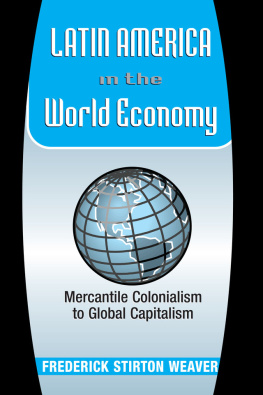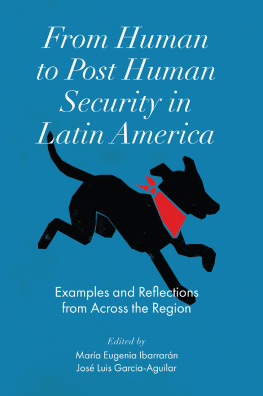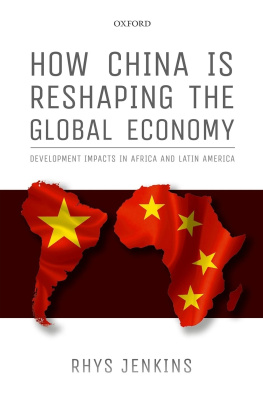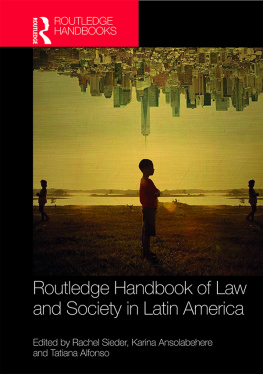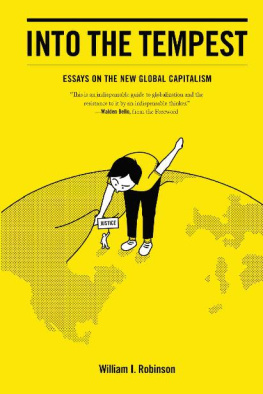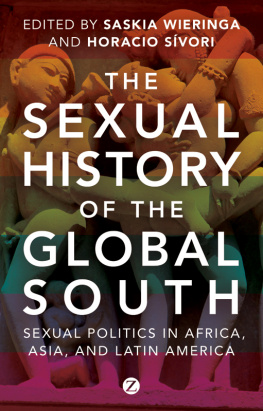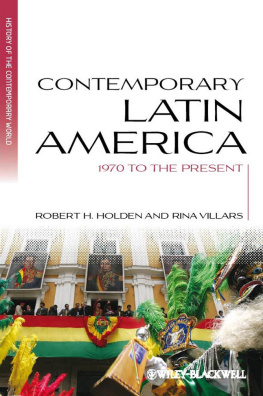
Global Capitalism and the Future of Agrarian Society
Global Capitalism and the Future of Agrarian Society
Edited by
ARIF DIRLIK ROXANN PRAZNIAK AND ALEXANDER WOODSIDE

First published 2012 by Paradigm Publishers
Published 2016 by Routledge
2 Park Square, Milton Park, Abingdon, Oxon OX14 4RN
711 Third Avenue, New York, NY 10017, USA
Routledge is an imprint of the Taylor & Francis Group, an informa business
Copyright 2012, Taylor & Francis.
All rights reserved. No part of this book may be reprinted or reproduced or utilised in any form or by any electronic, mechanical, or other means, now known or hereafter invented, including photocopying and recording, or in any information storage or retrieval system, without permission in writing from the publishers.
Notice:
Product or corporate names may be trademarks or registered trademarks, and are used only for identification and explanation without intent to infringe.
Library of Congress Cataloging-in-Publication Data
Global capitalism and the future of agrarian society / edited by Arif Dirlik, Roxann Prazniak, and Alexander Woodside.
p. cm.
Includes bibliographical references.
ISBN 978-1-61205-037-9 (hardcover : alk. paper)
1. CapitalismHistory21st century. 2. Land tenureCase studies. 3. PeasantsHistory21st century. 4. UrbanizationGovernment policyCase studies. I. Dirlik, Arif. II. Prazniak, Roxann. III. Woodside, Alexander.
HB501.G544 2012
338.1dc23
2011046771
ISBN 13: 978-1-61205-037-9 (hbk)
ISBN 13: 978-1-61205-038-6 (pbk)
Contents
Arif Dirlik and Roxann Prazniak
Alexander Woodside
Immanuel Wallerstein
Alexander Day
Wen Tiejun, Dong Xiaodan, Yang Shuai, Qiu Jiansheng, and Lau Kin Chi
Shaoguang Wang
Dong Zhenghua
Leslie Shieh
Pitman B. Potter
Utsa Patnaik
Abidin Kusno
Sam Moyo and Paris Yeros
Alejandro Rojas
Fabio Cabarcas
Jomo Kwame Sundaram
This volume, and the original Wall Summer Institute from which it is derived, would have been impossible without the generous support of the Peter Wall Institute for Advanced Studies of the University of British Columbia. Our deepest gratitude goes to the director of the Institute, Dr. Dianne Newell, who participated personally in the project from its initial conception to its fruition in this volume. In a personal sense, the volume is a product of three decades of friendship between Dianne and the editors, who also served as codirectors of the Summer Institute. Deep thanks are also due to Ms. Jenny MacKay, assistant director of the Institute at the time of the 2008 Summer Institute, for her efficient and graceful handling of the organization of the weeklong event.
The keynote addresses by Jomo Kwame Sundaram and Immanuel Wallerstein played a central part in bringing our concerns to the Vancouver and UBC public. We are especially grateful to Jomo for taking time off from his urgent duties as Assistant Secretary-General for Economic Development at the United Nations, rendered even more urgent at the time of the Summer Institute by the food crisis of that spring. We would also like to thank participants in the Summer Institute who are not represented in this volume but made valuable contributions to the initial discussions: Gregory E. Guldin, Ashok Kotwal, Lu Xingyu, Patricia Marchak, and Xuan Phuc. We would also like to acknowledge the contributions of the participants in the UBC graduate student conference held in conjunction with the Summer Institute. Two of those contributions, by Fabio Cabarcas and Leslie Shieh, are included in this volume.
We are grateful to Ms. Ana Maria Candela, a PhD candidate at the University of CaliforniaSanta Cruz, for her conscientious work as official scribe for the conference, which has been invaluable in compiling the volume.
Last but not least, the editors would like to thank Dean Birkenkamp, publisher of Paradigm Publishers, for his customary astute handling of the manuscript.

THE END OF THE PEASANT? GLOBAL CAPITALISM AND THE FUTURE OF AGRARIAN SOCIETY
ARIF DIRLIK AND ROXANN PRAZNIAK
This volume issued from the Wall Summer Institute, The End of the Peasant? Global Capitalism and the Future of Agrarian Society, held over a week in late June 2008 at the Peter Wall Institute for Advanced Studies of the University of British Columbia. The Institute was followed in June 2009 by a weeklong field trip by selected participants to the Peoples Republic of China (PRC) to witness cooperative efforts in Henan Province, inspired by the efforts of Professor Wen Tiejun of Peoples (Renmin) University in Beijing. The conclusions from the field trip were discussed in a daylong workshop at the Advanced Institute for Sustainable Development of the School of Agricultural Economics and Rural Development at that university. The Institute discussions, the field trip, and the workshop presentations confirmed the sense of a major transformation of agrarian societies at work globally, reversing radical hopes of the post-WWII years but quite in keeping with long-term developments under the regime of capital. Whether or not this is a cause for optimism or pessimism is entangled very much in attitudes toward the capability of capitalism to solve the problems of its creation. These conflicting attitudes have a history of their own, as Alexander Woodsides introductory chapter outlines. It remains to be seen whether present uncertainties over the future of agrarian society are merely a replay of the past or products of an unprecedented world situation.
Because of, for the most part, the organizers interests and areas of expertise, the transformation of agrarian society in the Peoples Republic of China over the last three decades, and the sense of crisis that has enveloped that nation over the last
The coverage of the undertaking was expanded almost immediately, however, to place developments in China in a comparative perspective but also to get at structural problems that are global in scope. The food crisis of spring 2008 confirmed the validity of these concerns. As Jomo Kwame Sundaram observed in his keynote address for the Summer Institute, the food crisis had many long- and short-term causes, among them price manipulation, but a structural transformation of agriculture was one of the fundamental, long-term reasons exacerbated by neoliberal policies. Different societies are placed differently in the global topography of capitalism. But there is also a great deal of commonality in the problems they face in terms of parallel trajectories of development, as well as increased interdependence in the supply of agricultural commodities. Ironically, what distinguishes China may be the willingness of the regime to recognize the problem and plan for the future, as was observed by Joao Pedro Stedile, a prominent leader of the Landless Workers Movement in Brazil who was a participant in the workshop at Peoples University.
We would like to single out here three issues that emerged in the course of the discussions in the various meetings, which also guide the essays included in this volume: the long-term relationship between capitalism and agrarian society, the city and the countryside in the analysis of agrarian society, and the question of the peasant as a social category.
Next page
